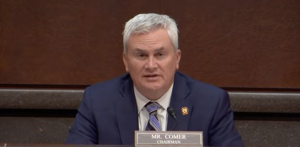Bipartisan group of lawmakers aim to increase migrant physician jobs
A bipartisan group of Congressional lawmakers wants to expand a program that allows noncitizens to fill physician vacancies in rural areas of the United States that are experiencing shortages.
The Conrad 30 program provides waivers to foreign medical graduates with educational visas so they can stay in the United States and serve as medical professionals in underserved areas. Typically, foreign medical graduates must return to their home countries to practice medicine after studying in the United States.
The program is administered through different agencies in each state and admits 30 graduates in each state per year. The states place the foreign medical graduates in medically underserved areas for a minimum three year contract.
The bipartisan bill aims to expand the amount of graduates each state can admit per year based on how many waivers get approved in that state in the year before.
U.S. Reps. David Valadao, R-Calif., Brad Schneider, D-Colo., Don Bacon, R-Ill., and Mike Garcia, D-Calif., cosponsored the bipartisan legislation.
“Programs like Conrad 30 have been instrumental in helping address this gap by bringing highly trained physicians to the areas that need them most,” Valadao said
The bill would allot 35 waivers to states that use 90% of their waivers from the previous year. The bill also would allow states to get more waivers each year as demand increases.
“Expanding the Conrad 30 visa waiver program is a smart, commonsense step that both parties can support to ensure all Americans have access to quality health care, from doctors they trust, where and when they need it,” Schneider said.
The bill could be seen as a necessary move in states where the Conrad 30 program is widely used and very popular. In fiscal year 2024, 19 states reported filling all slots in the Conrad 30 program, according to data collected by 3RNET, a nonprofit that connects health professionals with jobs in rural areas.
Those states are Arizona, Arkansas, Georgia, Indiana, Connecticut, Kansas, Kentucky, Louisiana, Maine, Massachusetts, Michigan, Minnesota, Missouri, New Mexico, New York, Ohio, Oregon, Pennsylvania and South Carolina. If the bill passes, these states would be eligible for an increase in granted waivers.
In fiscal year 2024, the Conrad 30 program filled 1,010 positions for physicians across the country, according to 3RNET.
The bill also could be popular among voters. A recent poll commissioned by The Center Square found 71% of American voters said it is “very important” to increase legal pathways for immigrants who are doctors and nurses to live and work in the United States.
The American Medical Association and Association of American Medical Colleges also praised the introduction of the bill. The AAMC sent a letter of support for the bill in March.
“With the physician workforce crisis showing no signs of abating, the Conrad 30 program remains an important tool to help ensure patients, particularly in rural and underserved communities, continue to have access to physicians,” said Bruce Scott, president of the American Medical Association.
Latest News Stories
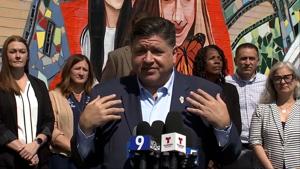
WATCH: Pritzker: Will go to court ‘immediately’ if Trump deploys National Guard

Illinois quick hits: Madigan attempts another appeal; prison mail scanning rules proposed

IL US Rep: Failing schools cost billions in ‘epidemic’ of poor proficiency

Plaintiffs weigh steps after appeals court upholds transit concealed carry ban
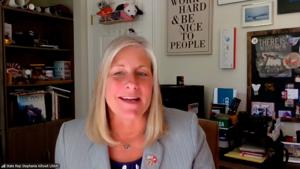
IL comptroller candidate touts experience, focuses on transparency
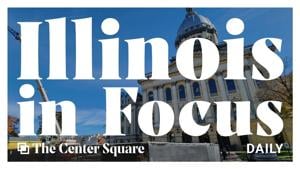
WATCH: Pritzker expects feds soon; appeals court affirms transit concealed carry ban

Casey Lions Club Cleans Up Rt 40

Illinois quick hits: Economic conditions show stability; EPA recruitment efforts

Casey Fire Chief Outlines Equipment Needs, Including New Truck and Thermal Camera
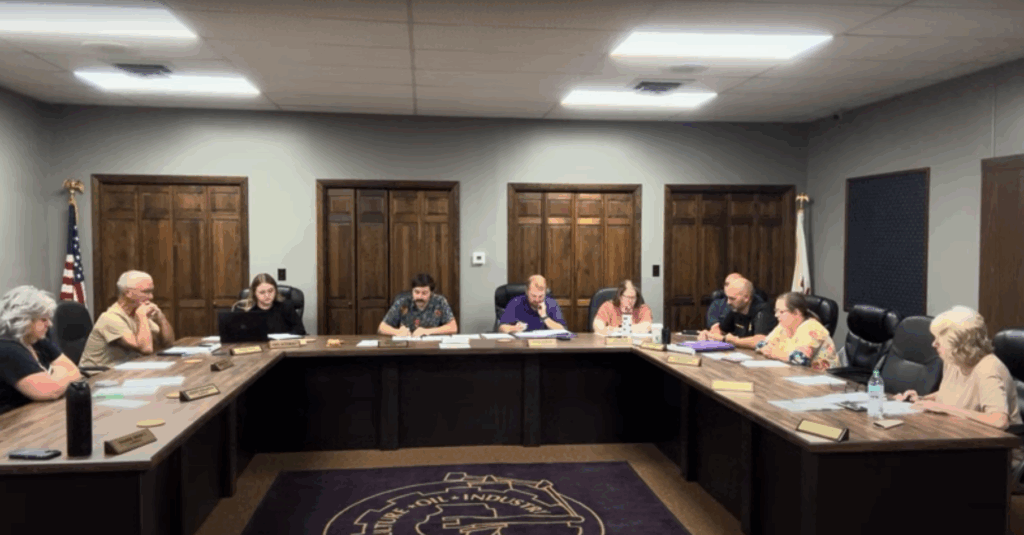
Casey Officials Praise ‘Incredible’ Popcorn Festival for Community Spirit, Economic Boost

Casey Fire District Board Approves Administrative Salary Raise, Adopts Tentative Budget

WATCH: Pritzker focuses on violence intervention; VP won’t confirm deployments
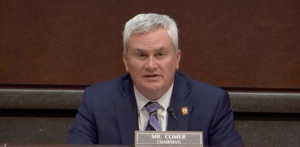
House committee investigating Dem governors for ‘illegal alien’ Medicaid spending
